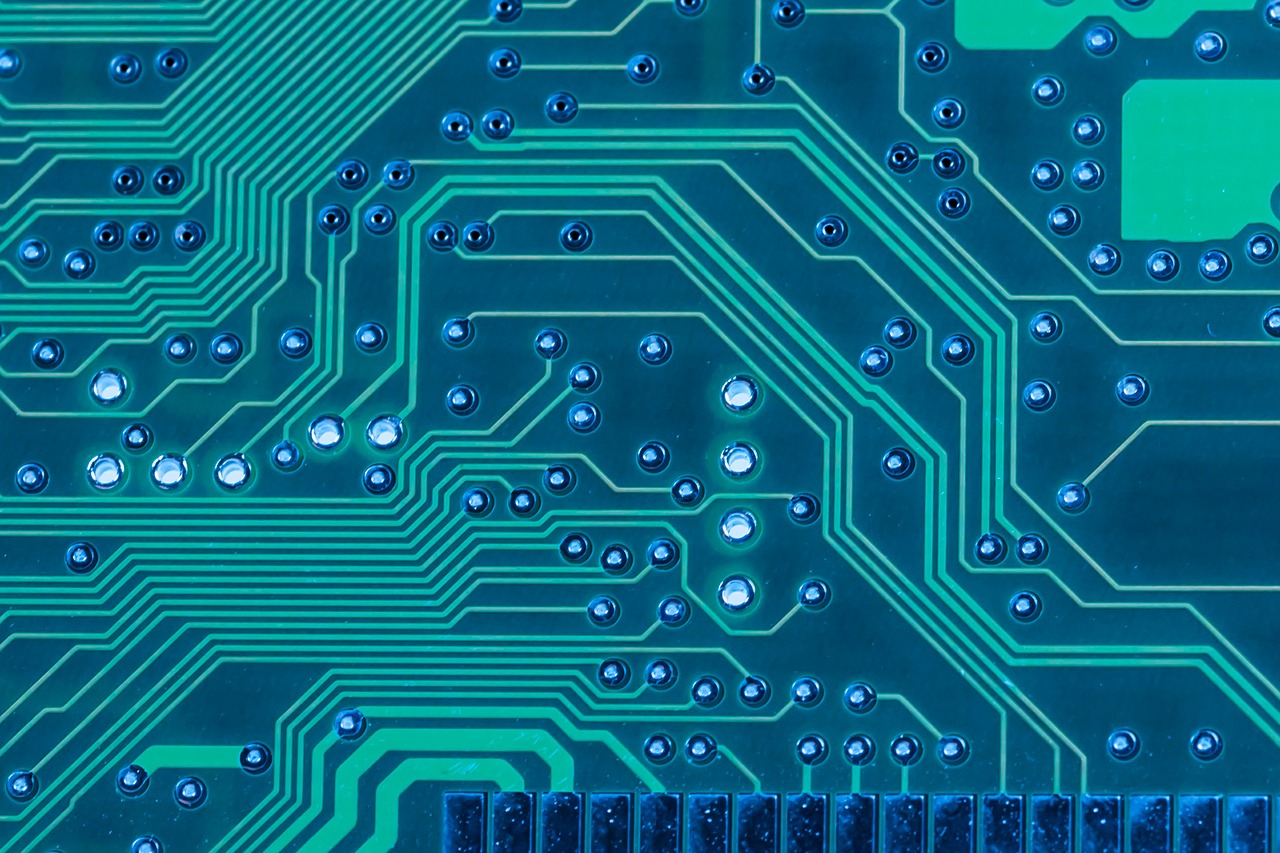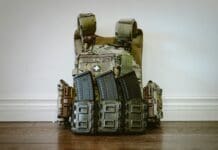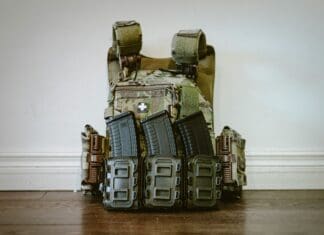This post is also available in:
 עברית (Hebrew)
עברית (Hebrew)
Computers are experiencing more and more challenges as they have to keep pace with
advancements such as artificial intelligence, machine learning, robotics and the Internet of Things. Current digital processing technologies face speed limitations and high-power consumption, as tomorrow’s applications demand stronger computing powers.
Elements of analog computing, which predate conventional computing by several decades, are now explored in order to improve current digital computers, within the framework of a project funded by DARPA, the US Defense Advanced Research Projects Agency.
The technology potentially benefits electromagnetic applications such as the design of antennas for defense and wireless communications, 5G communication, Internet of Things, mobile robotics, wireless networks and imaging techniques that use radio frequency waves. Another industry that could benefit from the technology is the entertainment industry based on augmented reality, virtual reality and computer games, where real-time physics modeling is useful.
The project is conducted by Arjuna Madanayake, associate professor in the FIU Department of Electrical and Computer Engineering within the College of Engineering & Computing, who represents Ocius Technologies, a company that supports the commercialization of university research projects
DARPA granted him $500,000 for continuing its work on the project.
The research team has designed analog chips, which have several advantages, including high processing speeds with low power consumption. The goal of this research is to incorporate the analog chips into existing digital computers, providing transformational increases in speed for specialized applications.
DARPA has invested more than $1.7 million in the project, breaking it down into several phases. The objective of Phase I and Phase II was to successfully research analog co-processors with a focus on simulation and design, according to news.fiu.edu.

























